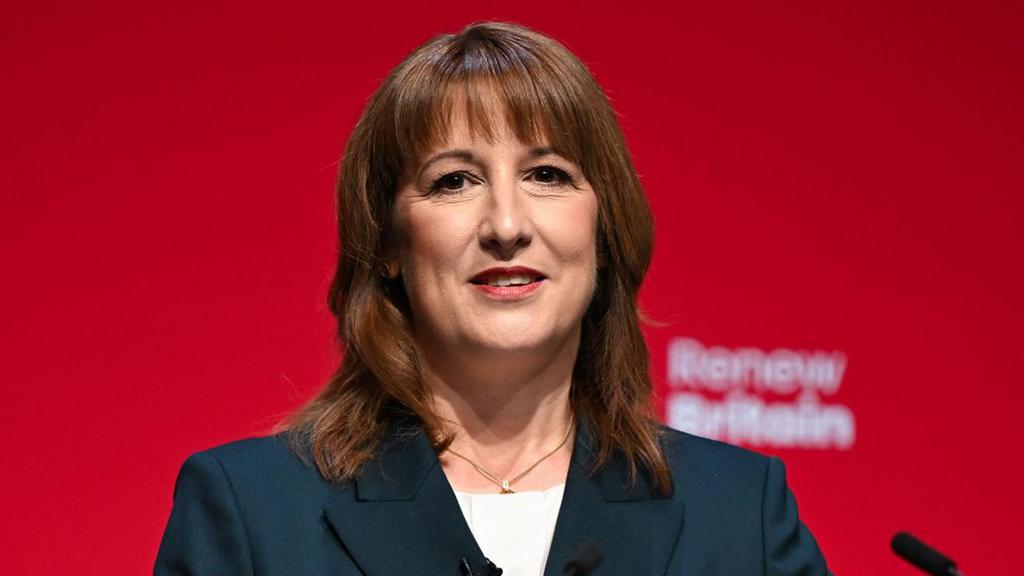“`html
The latest inflation figures may represent a peak, or at least a significant plateau, in the current inflationary cycle.
Economists indicate a potential downward trend following the September inflation rate maintaining stability at 3.8%, falling short of the anticipated 4% threshold.
While inflation remains elevated in absolute terms, exceeding levels in comparable nations and noticeably affecting the prices of everyday consumer goods, it remains just under double the Bank of England’s official 2% target.
The direction of economic travel, however, is of paramount importance.
Even if rates persist around this level for the remainder of the year, substantial declines are anticipated in the spring, driven by the exclusion of regulated price increases from the previous year’s calculations.
A rate of 2.5% by April would represent a marked improvement.
It is noteworthy that while the International Monetary Fund (IMF) has highlighted the UK’s projected inflation as the highest among G7 nations for this year and the next, it also projects a return to the 2% target by the close of the following year.
Crucially, retail sector experts are now suggesting that food price inflation has also reached its apex, although prices remain challenging for many consumers.
This development reduces, though does not eliminate, the likelihood of self-fulfilling inflationary expectations influencing wage and price setting, a critical factor in interest rate determinations.
Initial speculation had suggested a potential interest rate cut by Andrew Bailey as early as December. However, a closer examination of the IMF’s recent data reveals further insights.
Embedded within the IMF forecast is the prospect of four rate cuts over the next year, potentially lowering interest rates to 3%. According to the IMF, a rate cut is not anticipated next month primarily due to its proximity to the Budget announcement.
A more favorable inflation outlook lends credence to this possibility, particularly against the backdrop of potential rate cuts by the US Federal Reserve.
Financial markets appear to be reassessing their positions both domestically and globally.
Effective interest rates on UK government debt have experienced a significant decline across various maturities, with ten-year rates reaching their lowest point this year and two-year rates falling to levels not seen since last August.
This could potentially alleviate budgetary pressures by several billion, a timely development for the Chancellor.
More importantly, these trends suggest that the UK is not being viewed as an outlier by international markets.
The Chancellor recently undertook efforts to promote the UK to global investors in the US.
She asserted that Britain offers the most favorable environment for global investment and trade, that Brexit-related economic challenges are being addressed, and that the UK is demonstrating the fastest deficit reduction within the G20.
While the Budget presents challenges, dire predictions of British bankruptcy and bailouts appear significantly overstated, contingent upon the government maintaining parliamentary support for its agenda.
There is a collective desire to avoid exposure to potential risks such as a technology market correction, escalating US-China trade tensions, or unforeseen developments in the appointment of the new chair of the Federal Reserve in the US.
The latest inflation figures and the decline in gilt rates offer an opportunity for respite, potentially breaking the cycle of economic concerns.
The key question remains whether the tax measures required by Reeves to address even a reduced Budget deficit risk inadvertently undermining these positive developments.
Alicia Mehaffey says the rising cost of food means there are time she does not eat so her daughter can.
A single mother says that increased food costs have forced her to skip meals to ensure that there is enough to feed her daughter.
The cost of living is always important but this month’s data has a particular extra impact for millions of people.
However, the cost of items such as red meat and chocolate has continued to rise.
UK Inflation has fallen from record highs but remains above the Bank of England’s 2% target.
“`

